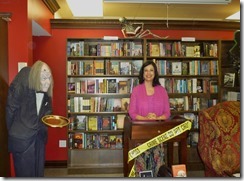
by Debbie Burke
July is the height of berry season in Montana.
With so much bounty ripening at the same time, it’s sometimes hard to remember how long it takes for plants to grow and mature to produce an abundance of succulent, sweet, juicy fruit.
You plant a bed of new strawberry starts and, for a couple of years, not much happens. The plants expend most of their energy sending out runners that turn into more plants. Runners go in all directions, sometimes sprawling beyond the raised bed, hanging in midair. Those need to be coaxed back to root in the soil. Then about the third year, blossoms appear, followed by pea-size but deliciously sweet berries. By the end of summer, berries are larger, sometimes approaching golf-ball size and bursting with juice.
Raspberry canes are similar. For the first few years, they’re busy growing underground runners that pop through the dirt to become new canes. The new canes are often rebellious, refusing to stay in the designated area where you want them. Instead, they shoot up in the nearby lawn and get mowed down. About the third year, a few berries appear. Then the fourth year, suddenly you can’t keep up. You’re picking raspberries every day, eating handfuls, giving them away, and filling freezer bags to make jam later.
What does this have to do with books and marketing?
We writers may take years to write a book. For so long, nothing visible happens. Our words go out like runners that pop up in unexpected places.
Sometimes, like the rebellious volunteer raspberry canes in the lawn, they get mowed down, and we must start over. We have to coax them into the borders of the book, cultivate them, and wait. And cultivate and wait. And cultivate and wait.
Marketing is similar: send out runners, cultivate, and wait.
In Kay’s terrific post yesterday, she mentions endurance.
Writing is a long game. Those who lack the endurance and who give up will never taste the fruits of their labors.
My new book launched this past weekend. The Villain’s Journey-How to Create Villains Readers Love to Hate took about two years from conception to publication.
During that time, along with writing the book, I was sending out runners to gauge market interest among various groups like the Authors Guild, International Thriller Writers, Kill Zone followers, my mailing list, etc.
Through more than three decades, I’ve made writing friends via conferences, classes, and online connections. I’ve taught workshops in person and on Zoom, developing more contacts and editing clients. I’ve written guest posts for other blogs.
Some of the runners I sent out hung in midair and never took root. Others bore incredible fruit.
Back in January, I gave a talk to the Authors of the Flathead that was an overview of The Villain’s Journey. That resulted in an invitation to present a day-long workshop (for a nice fee!) at their upcoming conference in October. Another invitation to teach came from the Montana Writers Rodeo conference for 2026.
TKZ’s community came through in a big way. Jim Bell offered me early encouragement about The Villain’s Journey concept and has given me a wonderful endorsement (shown in Amazon’s Editorial Reviews).
Steve Hooley and Dale Smith kept nudging me in the nicest way possible. Kay DiBianca asked me to guest post on her blog. Sue Coletta provided a chapter on serial killers. Jim and John Gilstrap added words of wisdom that are included in VJ.
TKZ followers reached out to me, supported the book idea, and a number of them became beta readers.
I’ve never met any of these people face to face, yet I consider them good friends.
One author I did meet in person is Christopher Vogler at a Florida writing conference. Chris’s classic bestselling book The Writer’s Journey: Mythic Structure for Writers maps the Hero’s Journey and gave me the framework and foundation. My book is the flip side, focused on the villain. We had a memorable conversation, and I sent him an ARC (advanced reading copy). A few weeks later, he sent me his blurb for The Villain’s Journey (shown in Amazon’s Editorial Reviews).
I almost fell off my chair.
Several years ago, I zoomed with the Arizona Mystery Writers about self-editing. They learned about VJ, reached out, and invited me back to talk about the book. Preorders came from them, as well as an invitation to speak to the Tucson Sisters in Crime chapter.
Two years ago, I spoke at Montana Writers Rodeo in Helena and picked up several editing clients. Yesterday an email arrived from a woman whose first page I’d critiqued there. She’d read the VJ ARC on BookSirens and explained the problems she’d had writing her first mystery. She wrote, “Thank you for writing this book. It was serendipity that I learned about it and got a chance to read it. It has given me a new spark to rewrite my mystery. I now have a clearer understanding of what I’ve been missing in my story.”
Gave me chills.
On Amazon, The Villain’s Journey is flagged as “#1 New Release” in Literary Criticism Reference. Not a blockbuster category but still gratifying to see.
I’m far from the world’s best marketer and can’t afford a pro to do it for me. No social media, infrequent newsletters, few ads. I don’t follow many of the conventional routes recommended by successful authors. If I did, there’s no question I’d sell more books.
The detours I’ve taken into teaching and freelance editing are personally rewarding. They also earn more than my books, even with nine published thrillers.
Like strawberries starts and raspberry canes, we writers plant our words. They take a long time to root and become established. We send out more runners, keep cultivating, and wait, and send out runners, keep cultivating, and wait.
Today I’m celebrating a bountiful harvest and it’s deliciously sweet.
~~~
 The Villain’s Journey-How to Create Villains Readers Love to Hate is for sale at
The Villain’s Journey-How to Create Villains Readers Love to Hate is for sale at
The paperback goes on sale in a few weeks.









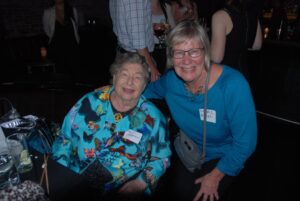

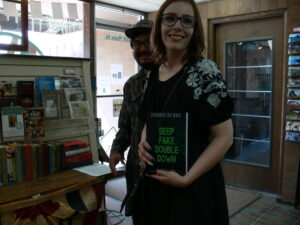
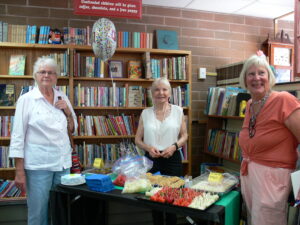
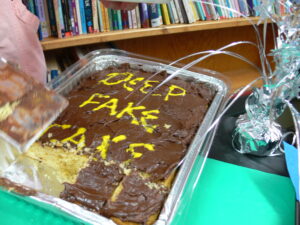
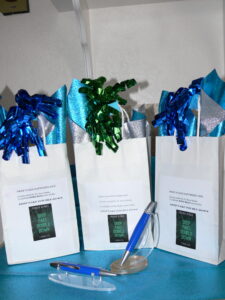
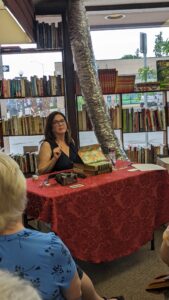
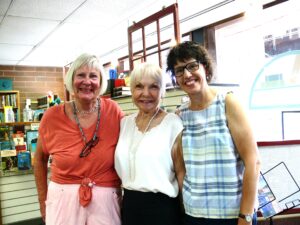
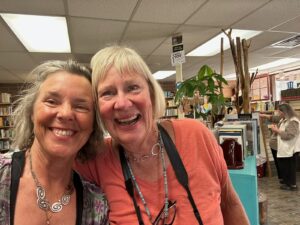
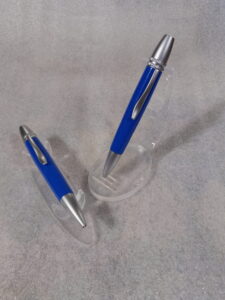
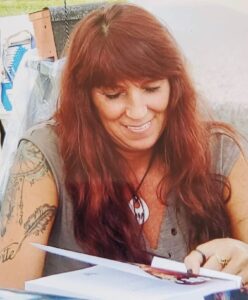
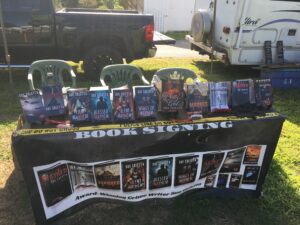 All book signings don’t need to be held in bookstores or libraries. I’ve had some of my most successful signings at local fairs and Old Home Days, and I’ve sold out and scored numerous book club invites.
All book signings don’t need to be held in bookstores or libraries. I’ve had some of my most successful signings at local fairs and Old Home Days, and I’ve sold out and scored numerous book club invites.
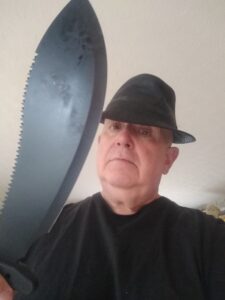
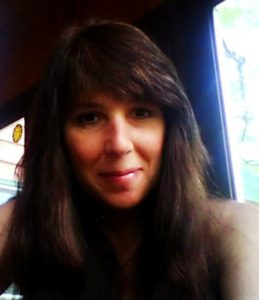





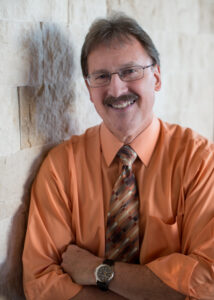
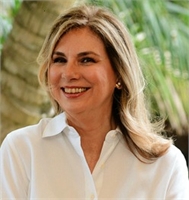
 P.J. Parrish (Kris Montee):
P.J. Parrish (Kris Montee): 
